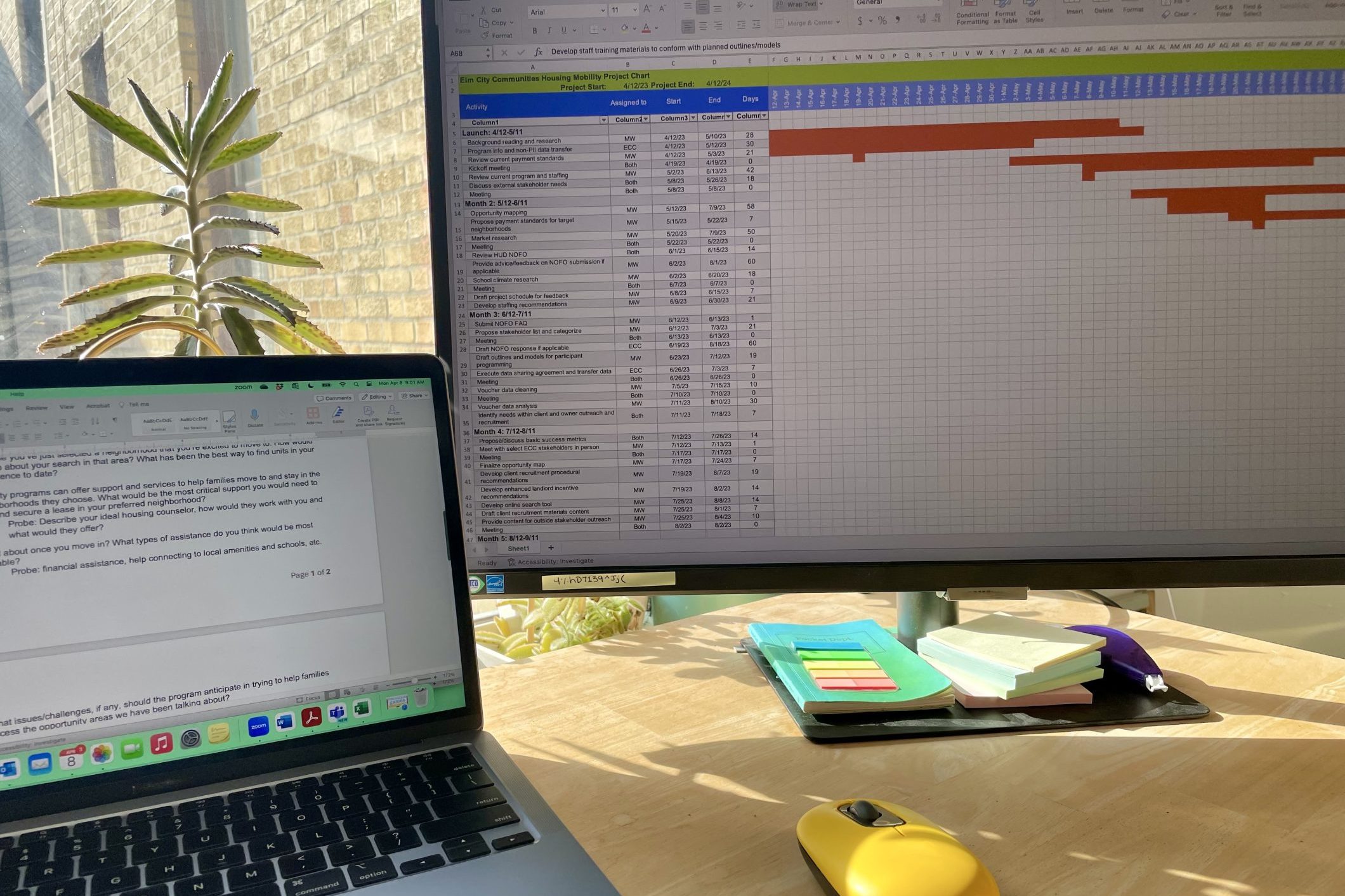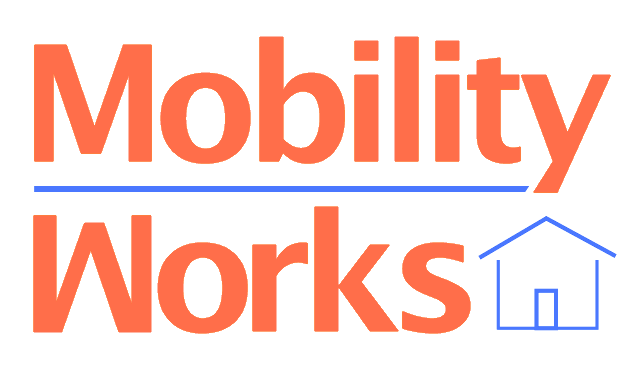
Source of Income Discrimination and Protections
Federal law (see relevant statutes, regulations, and executive orders) prohibits discrimination in a variety of housing-related activities. HUD’s Office of Fair Housing and Equal Opportunity provides an overview of Fair Housing Act protections here. Protected classes include race, color, religion, sex (including gender identity and sexual orientation), disability, familial status, and national origin, but not lawful source of income.
Employment, veterans’ benefits, Social Security benefits, Supplemental Security Income, Social Security Disability Insurance, spousal or child support, and rental assistance like the Housing Choice Voucher (HCV) all fall within “source of income.” HCV participants regularly experience discrimination that presents challenges to lease-up and stability in the voucher program overall, and in particular in low-poverty neighborhoods. a growing number of jurisdictions have adopted source of income (SOI) anti-discrimination laws, which are beginning to show positive impacts for HCV participants. See the State and Local Source-of-Income Nondiscrimination Laws: Protections that Expand Housing Choice and Access report from the Poverty & Race Research Action Council, most recently updated in March 2024, for a list of relevant laws and many other resources on SOI discrimination and protection.
Building on earlier findings, researchers from the NYU Furman Center and the Urban Institute, respectively, have recently shown that:
1) In locations where SOI protections have been implemented, HCV participants that move end up in neighborhoods with lower poverty rates and smaller proportions of HCV participants. Read Advancing Choice in the Housing Choice Voucher Program: Source of Income Protections and Locational Outcomes, May 2022.
2) Once SOI protections take effect, it takes four to eight years, but the share of HCV-participating families with children that move to low-poverty neighborhoods eventually increases by about 3%. Read Source of Income Protections and Access to Low-Poverty Neighborhoods, October 2022.
Additional SOI discrimination and protection information:
- Senate Bill 1267, to amend the Fair Housing Act to prohibit discrimination based on source of income, veteran status, or military status (the Fair Housing Improvement Act) introduced April 2023
- The Choice to Discriminate: How Source of Income Discrimination Constrains Opportunity for Housing Choice Voucher Holders July 2022
- Expanded protections for families with Housing Choice Vouchers September 2022
- Protecting Housing Choice Voucher Holders from Discrimination: Lessons from Oregon and Texas October 2020
- Why Schools Should Care about Housing Voucher Discrimination August 2020
- An Illusion of Choice: How Source of Income Discrimination and Voucher Policies Perpetuate Housing Inequality February 2020
- American Bar Association Webinar on Source of Income Discrimination Law December 2018
- A Pilot Study on Landlord Acceptance of Housing Choice Vouchers September 2018
- Getting Past “No”: Housing Choice Voucher Holders’ Experiences with Discrimination and Search Costs May 2010
How can we assist you?




